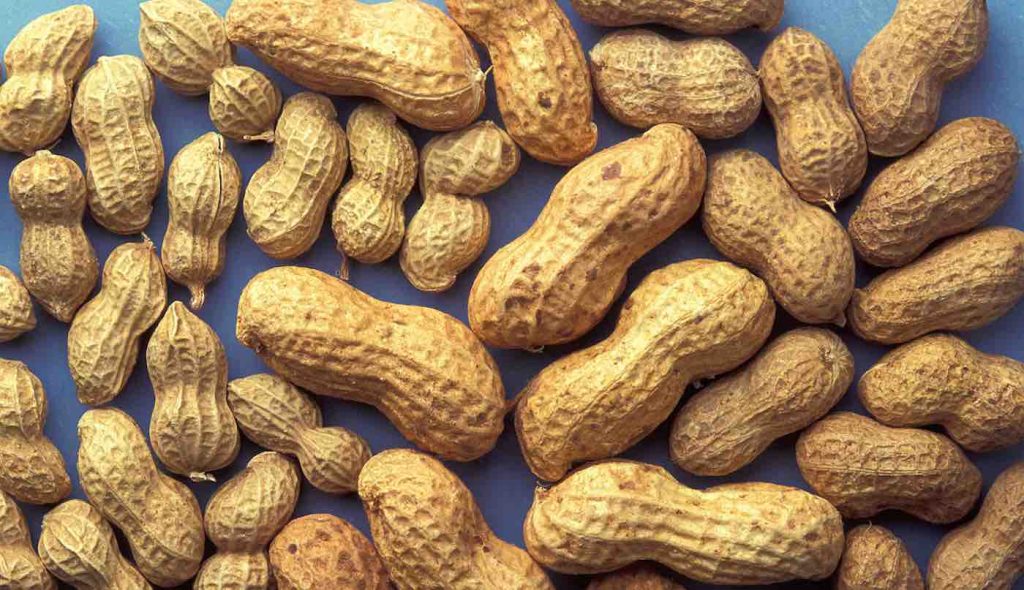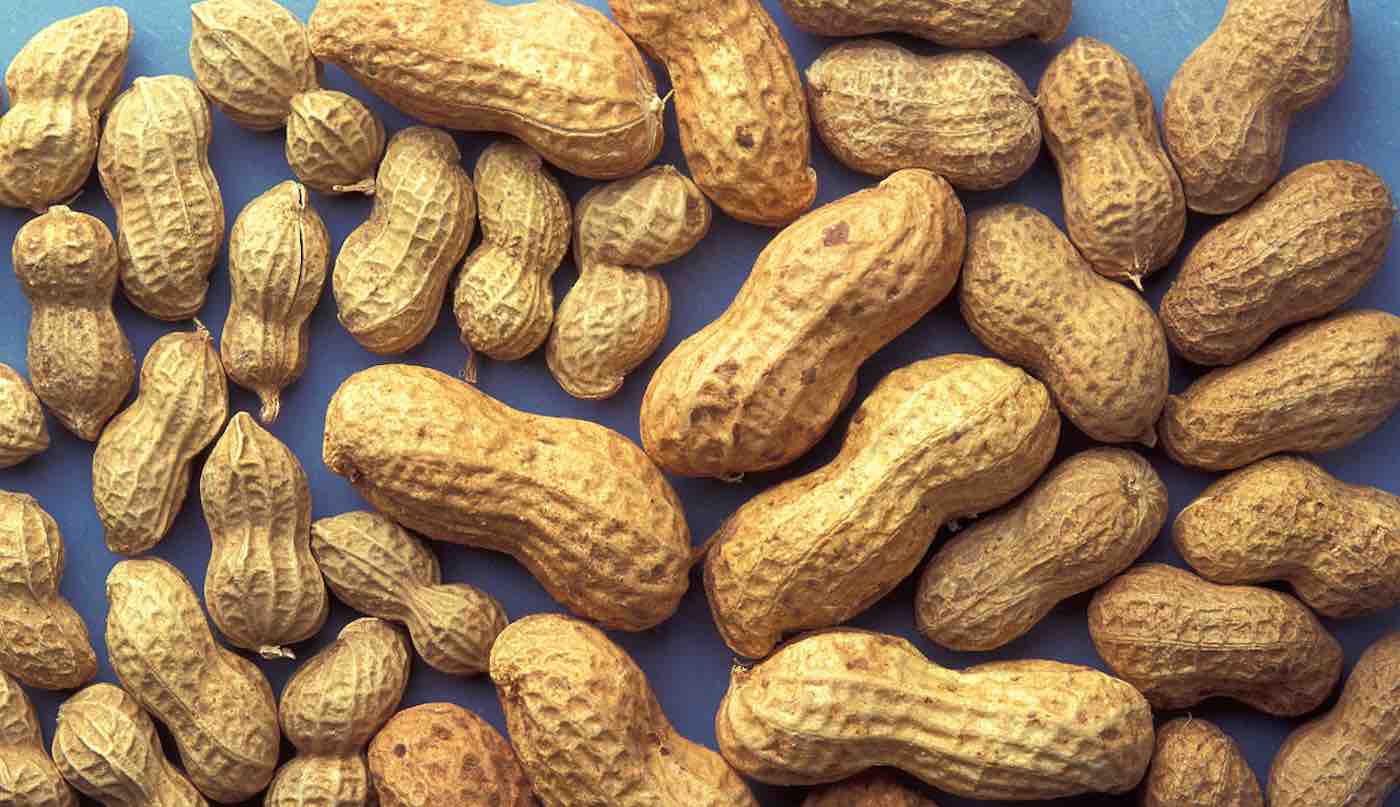
Why do we need fiber? it feeds the bacteria in our gut, which in turn produces something that could prevent food allergies and irritations such as those triggered by peanuts, a study this year showed.
A short-chain fatty acid called butyrate is produced by Clostridium bacteria in our stomach as they ferment fiber that reinforces the walls of the GI tract and protects against colon cancer, among other things.
In a mouse model, researchers at the University of Chicago used an oral solution of butyrate to stymie a life-threatening anaphylactic response in the allergic animals when they were exposed to peanuts.
Without enough fiber in the diet, humans can experience die-offs of these beneficial, butyrate-producing gut microbes. Too much eating of simple sugars and carbs instead makes room for harmful species, resulting in a condition known as “gut dysbiosis.”
Without butyrate, the gut lining can become permeable, and bits of food leak out of the GI tract and into circulation, triggering an anaphylactic response in one pattern of allergic reactions.
One of the ways to rapidly treat this has been a microbiome transplant, also known unpleasantly as a fecal biota transplant. But this has had mixed results in the lab, said Dr. Jeffery Hubbell, Ph.D., one of the project’s principal investigators.
“So we thought, why don’t we just deliver the metabolites like butyrate that a healthy microbiome produces?” he said in a news release.
Hubbell and his colleagues at the University of Chicago did just that in a mouse model in early 2023, but the solution is vile to taste and smell, so a new configuration of polymers that cloak the butyrate has been developed by him and his team.
The researchers administered these “polymer micelles” to the digestive systems of mice lacking either healthy gut bacteria or a properly functioning gut lining.
MORE NEWS LIKE THIS: 16% Drop in Peanut Allergies Among Children As Parents Follow Guidelines And Introduce Peanuts Earlier
The treatment restored the gut’s protective barrier and microbiome, in part by increasing the production of peptides that kill off harmful bacteria, which made room for butyrate-producing bacteria.
“We were delighted to see that our drug both replenished the levels of butyrate present in the gut and helped the population of butyrate-producing bacteria to expand,” said Cathryn Nagler, Ph.D., a senior author of the study.
MORE WORK ON ALLERGIES: Researchers Find the Key to Fixing Human Allergies to Dogs
“That will likely have implications not only for food allergy and inflammatory bowel disease, but also for the whole set of non-communicable chronic diseases that have been rising over the last 30 years, in response to lifestyle changes and overuse of antibiotics in our society.”
Nagler and Hubbell co-founded a company called ClostraBio to further develop the butyrate micelles into a commercially available treatment for peanut allergies, reports Univ. of Chicago press. They are working with the FDA on an investigational new drug application and hope to begin clinical trials in patients with moderate ulcerative colitis within the next 18 months.
SHARE This Simple Yet Potentially Huge Drug Target On Social Media…




















